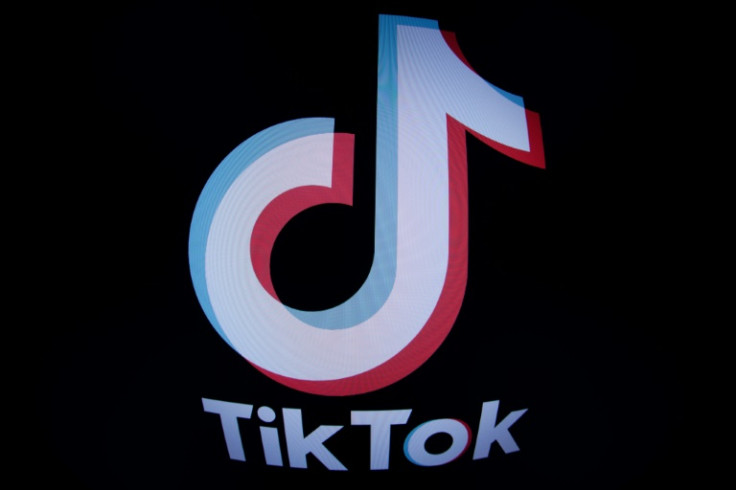Time US adults spend on TikTok closes in on Netflix: market tracker
TikTok is proving particularly addictive for US adults ranging from age 25 to 54 years old, according to Insider Intelligence.

TikTok is closing in on streaming giant Netflix when it comes to the amount of time US adults spend on the platforms, according to a report released Thursday by Insider Intelligence.
TikTok use eclipsed that of YouTube two years ago and has continued to grow faster than the Google-owned video sharing platform, particularly among US adults in their prime earning years, the report indicated.
"The amount of time US adult TikTok users spend on the app is rising quickly," the market tracker said in the report.
"It's well ahead of YouTube user time and closing the gap with Netflix."
TikTok is proving particularly addictive for US adults ranging from age 25 to 54 years old, according to Insider Intelligence.
US adult users will spend an average of nearly 56 minutes per day on TikTok this year, six minutes less than the time spent watching Netflix, the market tracker forecast.
"TikTok is a huge reason for the sustained growth in overall time spent with social networks since the pandemic," the report said.
"TikTok users ages 18 to 24 are watching the equivalent of a full-length comedy movie on the app every day."
Meanwhile, time spent by "millennials and Gen X" watching traditional television is falling and it is likely many TV viewers are "second-screening" with TikTok, according to the report.
A panel of US lawmakers voted this week to advance a bill that would make it easier to ban Chinese-owned video sharing app TikTok, amid criticism that the proposal threatens free speech.
The Deterring America's Technological Adversaries (DATA) Act passed the Republican-led House Foreign Affairs Committee on a party-line vote but will face opposition from free speech campaigners and Democrats when it comes up for vote in the full House and Senate.
TikTok is owned by Chinese firm ByteDance, which is being scrutinized in multiple countries over privacy and surveillance concerns.
© Copyright AFP 2025. All rights reserved.





















